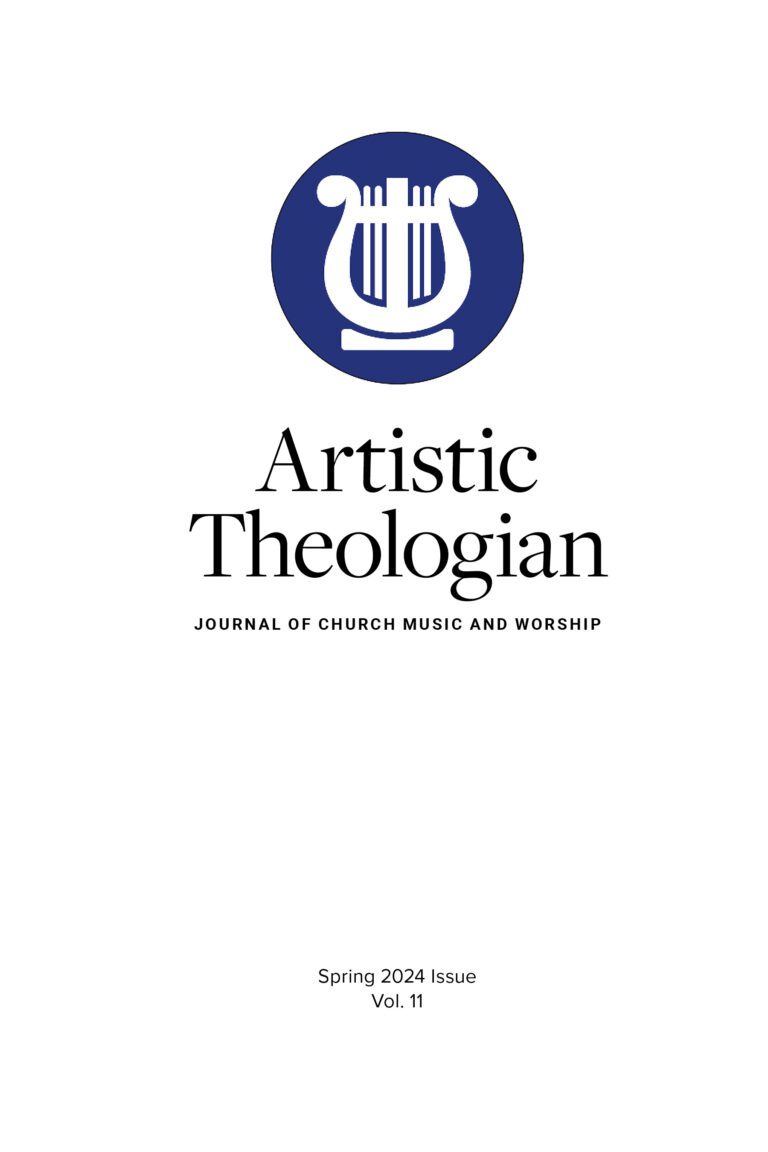The Relationship of Doxology and Doctrine
Doxology has been defined as a “formula for expressing praise or glory to God.” In New Testament language, a doxological expression becomes a “sacrifice of praise, … the fruit of lips that acknowledge [Jesus’s] name” (Heb. 13:15, ESV), given through Christ to God as an appropriate response to Christ’s atoning work. Christian churches most often offer their doxology through singing. In many churches, the doxology offered is sincere and simple, unadorned with poetic or musical artifice. The Lord despises not, looking at the heart (1 Sam. 16:7).
But in other churches, the doxology offered is adorned with splendid poetry and superb music. The Scriptures themselves give precedence for such in the poetry of the Psalms and the music of the temple (2 Chron. 5:11–14). As the Lukan canticles of Mary (Luke 1:46–55), Zechariah (1:67–79), and Simeon (2:29–32) demonstrate (following Old Testament models), adorned poetic praise remains fitting for New Testament worship.





